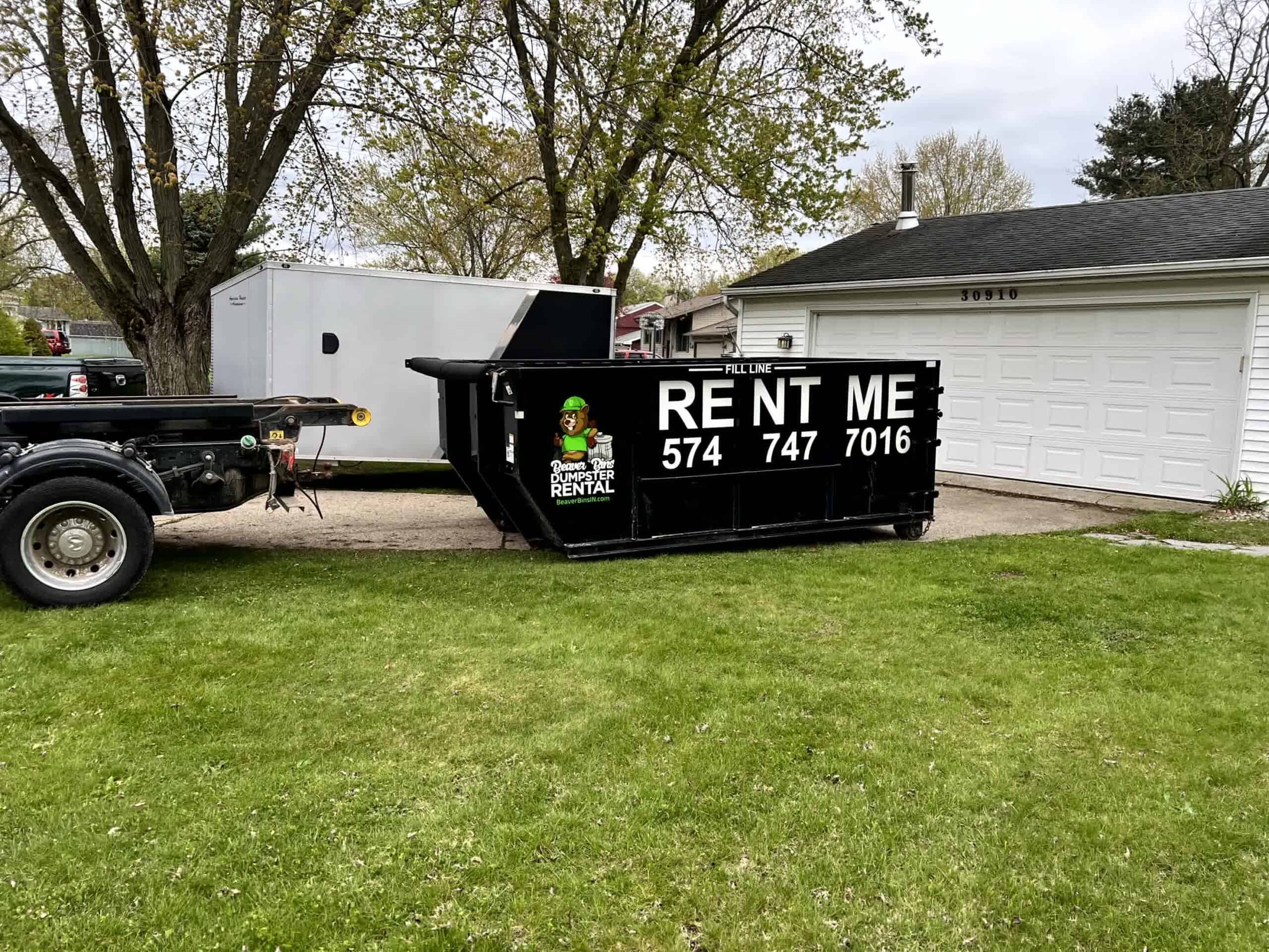Dumpster Rental 101: What Every Homeowner Should Know Before Booking One
Renting a dumpster might not be something most homeowners do often, but when the need arises—whether for a renovation, cleanout, or landscaping overhaul—knowing how to navigate the process can save time, money, and stress. This guide will walk you through what to know before renting a dumpster, provide practical dumpster rental tips for homeowners, and explain exactly how to rent a dumpster without confusion or hassle.
Dumpster Rental Tips for Homeowners
Understanding When You Need a Dumpster
Many homeowners don’t realize just how much waste can come from even a modest home project. From roofing jobs to spring cleaning or moving out of a long-time residence, waste builds up quickly. A residential dumpster rental is a practical solution for getting rid of bulk trash in one go. However, timing is key. Schedule your rental when you’re certain the project will begin soon, since most companies charge by the day or week. You’ll also need to plan the drop-off spot in advance. Driveways work well, but ensure there’s clear access and that it’s legal to place the dumpster there in your municipality.Choosing the Right Size Dumpster
Picking the right size is crucial, as ordering too small of a container means you’ll need multiple hauls, while too large of a container can lead to unnecessary costs. Common sizes range from 10 to 40 cubic yards. A 10-yard dumpster is ideal for small cleanouts, while a 20-yard is better suited for kitchen remodels or large garage purges. Talk with the rental company about your exact needs—they can recommend the most cost-effective option based on your project size.
How to Rent a Dumpster Without the Stress
Steps to Renting a Dumpster
Renting a dumpster doesn’t have to be complicated. Start by identifying a few local providers and requesting quotes. Many companies now offer online booking, making it simple to compare pricing, availability, and included services. Ask about weight limits, types of allowed waste, and rental duration. Some companies offer flat rates, while others bill based on weight. Once you’ve booked, schedule a delivery time that aligns with your project start date. Ensure someone is home to guide placement and avoid delays.Understanding What You Can and Can’t Throw Away
Dumpster rental companies typically provide a list of restricted materials, which often includes items like tires, batteries, paint, hazardous chemicals, and certain electronics. Yard debris, construction waste, old furniture, and regular household junk are generally allowed, but it’s always smart to double-check before tossing. Overloading a dumpster or mixing in restricted items can result in extra fees. To stay in compliance and avoid surprises, ask your provider for clear do’s and don’ts when booking.
What to Know Before Renting a Dumpster
Permits and Placement Rules
Depending on your city or county, you may need a permit if the dumpster will be placed on a public street or sidewalk. Private property typically doesn’t require one, but it’s wise to check local ordinances just in case. Placement also matters—make sure the surface is flat, stable, and clear of overhead wires or tree branches. Avoid soft ground like grass or dirt during wet seasons to prevent the dumpster from sinking. If your driveway is sloped or narrow, let your provider know beforehand to determine whether special arrangements are necessary.Pricing Factors and Budget Considerations
Dumpster rental prices vary based on location, size, rental length, and disposal weight. A small 10-yard dumpster might cost $250–$400, while a 30- or 40-yard roll-off could run $500–$700 or more. Most rentals include a base price that covers a certain number of days and a weight limit. If you exceed either, expect overage charges. Ask if taxes, delivery, and pickup are included to avoid hidden fees. Choosing the right size and planning the rental duration accurately can help you avoid unnecessary costs.
Conclusion
Renting a dumpster may not be part of your everyday to-do list, but when a big project rolls around, knowing how to rent one properly can make all the difference. Whether you’re planning a renovation, decluttering a full home, or landscaping a large yard, understanding dumpster sizes, local rules, acceptable waste, and pricing helps you avoid mistakes and finish the job efficiently. By preparing ahead and following a few key steps, homeowners can feel confident about their rental and focus more on the project itself, not the cleanup. Get in touch with us if you need help with dumpster rentals, and guess what!? We have roll-off dumpsters as well!

We're now accepting new clients, call now to speak with a representative.
SERVICES
"*" indicates required fields
 574-747-7016
574-747-7016 info@beaverbinsin.com
info@beaverbinsin.com
